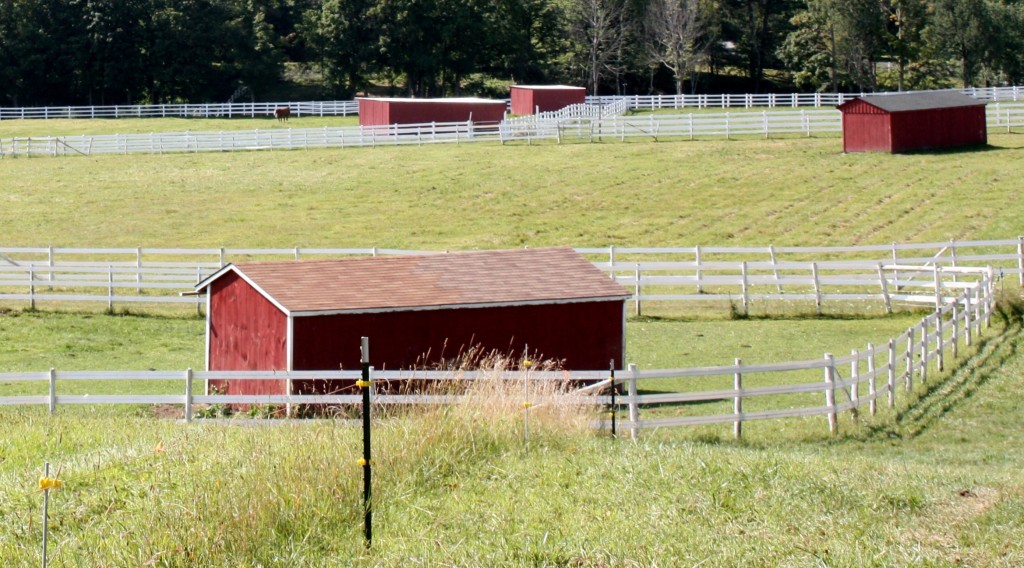By Kirk Shoen, Rensselaer County Cooperative Extension
Cornell Cooperative Extension has been receiving calls regarding labor standards and farm worker regulations, due in part to surprise inspections from local and federal government agencies. Starting in 2014, OSHA is one of the agencies doing inspections of dairy farms. The farms are randomly selected and while inspections are based on employee numbers, a determination of whether the farm should be inspected may also be based on one or more criteria; imminent danger, catastrophes and fatal accidents, complaints and referrals, programmed inspections (http://www.nycamh.com/osha-ny-dairy-lep/).
The department of labor, “DOL,” has also been spot checking farms based on reports and visual observations of farm workers. On a recent visit to one of our local farms, two DOL representatives simply stated where they were from and that they were inspecting the farm. When the farmer asked to see some type of formal identification and wanted a reason for inspection, the DOL representatives insisted that labor laws give them the right to inspect the farm and did not produce the proper paperwork. When the farmer asked them to leave, they just followed him onto the property as he returned to work. He politely escorted them off the property and was informed they would be back. Returning the next day, the DOL representatives showed their credentials and explained that they were there because of a complaint. The farmer called the CCE office to inquire about surprise inspections and how he should handle things if they return.
Given the growing amount of activity from the many animal rights organizations, farmers have the right to be concerned about random people showing up on their property. These groups can easily make up false explanations for inspecting your farm, to secretly record common farm practices, in an attempt to help further their cause.
- Have a sign directing all visitors to the farm office, house, or have a phone number they can call.
- Don’t let people on the farm without an appointment. If they just show up, request they make one.
- Make sure anyone that wants to inspect the farm has real credentials and write down names, titles, agencies and contact information. Real inspectors won’t have a problem with this.
- Ask to see a written reason for an inspection.
- Use Biosecurity signs to keep visitors out of barns and in facilities.
- If they insist on inspecting the property after being asked to leave let them know you are contacting the police.
- Always be polite.
- Don’t let you emotions or anger get the best of you. Starting an argument will only fuel the flames, whether the inspection is legitimate or not.
Even a legitimate issue does not give inspectors the right to freely wander around the farm. Insurance liability, possible animal interaction, inspector’s personal safety, and biosecurity are good reasons why they should not.
For more information contact your local Cornell Cooperative Extension office or Kirk Shoen at kjs264@cornell.edu.


